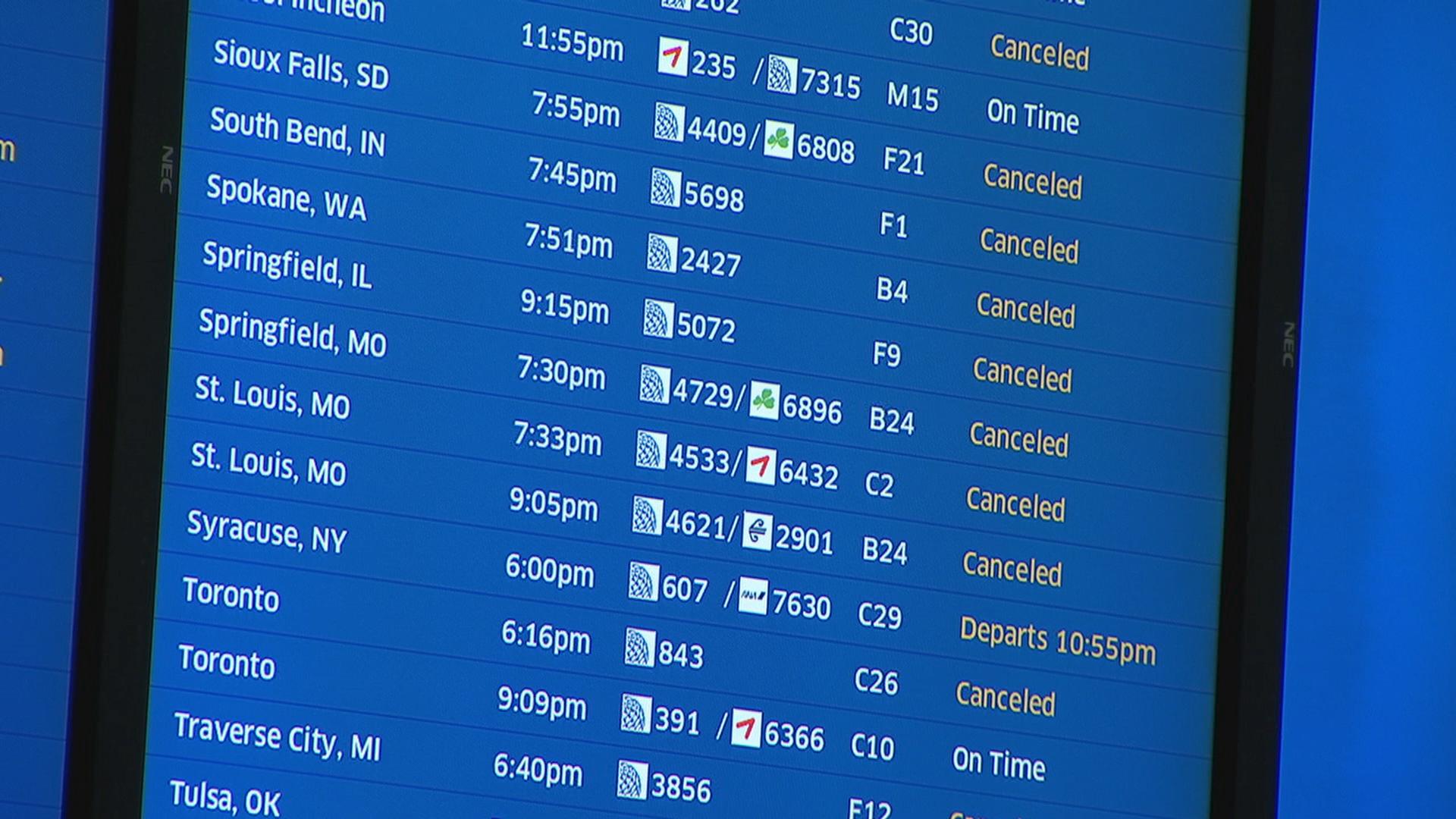When it comes to great wealth, many Americans are of two minds.
On the one hand, we want to believe that anyone who amasses a fortune as a result of our capitalist system has done so because they were smarter, faster or simply better at business than everyone else.
On the other, we also want to believe that even after that person has achieved such wealth, they will remain the same down-home, salt-of-the-earth person they were before they struck gold.
Nowhere is this more true than when a person with serious wealth decides to run for political office. In fact, it’s this very dichotomy that often constitutes the essential appeal of such candidates. The assumption is that someone who, say, has made millions as a venture capitalist will, once in office, apply their business skills to fiscal matters while remembering what it was like to not be rich when it comes to everything else.
Local
There’s only one problem with this idea: it doesn't work. Not because the candidate doesn't want to be fair to everyone they’re elected to represent. But because that’s not how human nature works.
At its core, we elect politicians for one reason: to make decisions for us that reflect the common good and allow our society to flourish. We assume that, in doing so, a politician is willing to weigh the needs of every unique group that makes up society—rich, poor, healthy, unhealthy, business, labor, immigrants, homeowners, etc.—before making a decision.
And while we don't expect our leaders to treat everyone equally in every circumstance, we do expect that in enacting public policy, politicians recognize that in most circumstances every group has a legitimate claim to have their needs represented at the table when important decisions are made.
Which brings us to the question of the $140,000 wine club.
Recently, it was revealed that Republican candidate for governor, Bruce Rauner, belongs to an exclusive wine club that costs upwards of $140,000 simply to join. The club, Napa Valley Reserve, is set on 80 acres of natural beauty and has a private membership of “approximately 500 couples who share a passion for wine and the way of life that surrounds it.”
As some observers have noted, the $140,000 entrance fee is more than the average Illinois household spends on everything in a year. And for Rauner, a man who once made $53 million in a single year of running his business, $140,000 could very well seem a drop in the bucket to his pocketbook.
While it can be argued that Rauner’s decision to spend more than an average citizen’s yearly salary to hang out with fellow wine lovers is his decision and should matter only to him, as a candidate it tells us much more about how he might behave as governor than any amount of policy papers or campaign propaganda ever could.
That’s because when it comes to decision-making, human beings are subject to a wide range of biases that can cloud judgment, present false choices or even diminish a person’s ability to understand reality properly. And the wealthy are no exception.
For example, there’s omission bias, or the tendency to judge harmful actions as worse, or less moral, than equally harmful inactions. There’s confirmation bias, or the tendency to search for or interpret information in a way that confirms one's preconceptions. There’s also the act of framing, or drawing different conclusions from the same information depending on how that information is presented.
And then there’s perception bias, or the tendency to not notice and more quickly forget information that contradicts our prior beliefs.
What does all this have to do with wine and wealth? Just because Bruce Rauner has made millions in business and is one of the richest people in the state doesn't mean he intrinsically has the ability to weigh pubic policy decisions and implement programs fairly or without personal bias.
In fact, the exact opposite is likely true. By coming from great wealth, and choosing time and again to surround himself with people who share a narrow worldview of the super-rich, Rauner would enter into office not with a magical advantage, but with a built-in disadvantage when it came understanding the needs of everyday Illinoisans who rely on government to actively work to make their lives better.
Let’s put it another way. Personally, it would take me two years or more to make $140,000. If I sat down with Bruce Rauner for a glass of wine, I wonder what we would talk about.



